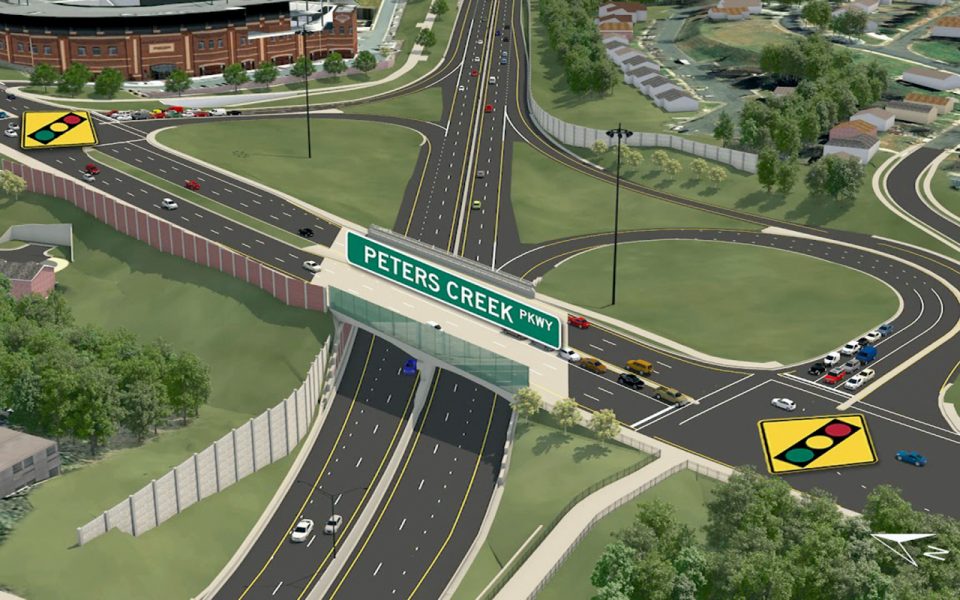I can scarcely remember when we started reporting on the Business 40 construction. Was it 2012? 2010? It may even have been way back in 2006, when the state DOT decided to close off the highway and make the repairs all at once instead of shutting down one lane at a time.
Even though we had plenty of notice — and we, along with other newspapers and the DOT itself, published thousands of words in an effort to prepare people for it — the closing of Business 40 as it wended through downtown Winston-Salem still took many residents completely by surprise.
“Did you know about Business 40 closing?” people would say to us, so often that it became sort of an in-joke among local journalists, right up there with, “You should do a story about me.”
Maps were made and distributed, tips shared, alternate routes plotted — I always took the Fifth Street exit and approached downtown from the east. We adapted. We hunkered down.
That was in 2016, and now here we are, not even one full Trump term later, and it’s done.
In its way, the prolonged construction site was devastating, blocking the main artery into downtown and cutting businesses in Brookstown off almost completely from their customers. At least one business cited the construction as a reason for closing; others did their best to adapt. Geography is destiny, and now that the tap has been turned back on here’s hoping that the business district there recovers its previous vigor.
I haven’t driven the new Salem Parkway yet, but early reports cite an elevated police presence and complaints about a lack of extra lanes. I’m hoping access to the on/off ramps might be a bit more generous along that stretch. And I’m grateful to be able to approach Winston-Salem from the highway again, watch the cityscape rise on the horizon until it takes me in.
Join the First Amendment Society, a membership that goes directly to funding TCB‘s newsroom.
We believe that reporting can save the world.
The TCB First Amendment Society recognizes the vital role of a free, unfettered press with a bundling of local experiences designed to build community, and unique engagements with our newsroom that will help you understand, and shape, local journalism’s critical role in uplifting the people in our cities.
All revenue goes directly into the newsroom as reporters’ salaries and freelance commissions.


I love your institutional memory. Amazing! I remember fixing a neighbors truck in my backyard for nothing once. I also recall you in an orange jail outfit picking up trash.
Hi Billy.
Actually, I was cutting lawns.